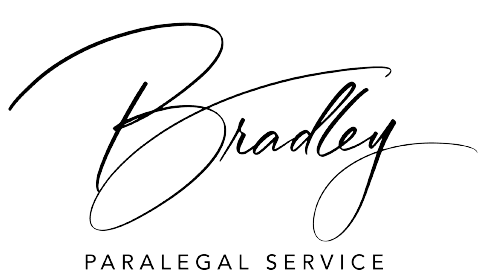
Probate Matters

Conservators*
A conservator is a person appointed by the Probate Court to oversee the financial and/or personal affairs of an adult who is determined by the Probate Court to be incapable of managing his or her finances or unable to care for himself or herself. A court appointed conservator takes on critically important responsibilities for someone in a time of great need.
The two basic types of conservatorships are conservator of the person and conservator of the estate. In Connecticut the Probate Courts have sole jurisdiction over the appointment of conservators. A person filing a petition for a conservatorship must apply to the Probate Court.
In general, the conservator of the estate is responsible for supervising the finances of the conserved person as ordered by the court. The conservator of the estate is required to report to the Probate Court periodically concerning the management of the estate.
Guardian of Minor*
There are two types of guardianships for minors: guardianship of the person of a minor is responsible for the care of the minor and guardianship of the estate of a minor manages the assets of the minor.
A guardian of the estate of a minor has legal control over all the minor’s assets exceeding $10,000 in value, whether acquired before or after the guardian’s appointment (except for property managed under the Uniform Transfers to Minors Act or under a trust). In Connecticut a person under the age of 18 is considered to be a minor.
Trusts*
Trusts have generally been used to help people who fall into two basic categories: people who need financial assistance and people who are unable to manage their own money properly. Trusts are commonly employed as devices to shield a person’s assets from unnecessary taxation or court supervision. Examples include Living (Inter Vivos) Trust, Spendthrift Trust, Testamentary Trust, Special Needs Trust and more.
The trustee of either a testamentary or living trust should communicate periodically and regularly with the trust beneficiaries as the trust circumstances dictate. If there is no communication or if a beneficiary believes he or she is not being informed by the trustee of the trust transactions, the beneficiary has the right to petition the Probate Court for relief.
*(Source CT probate court user guides)
How Can I Help?
Contact us with any questions.
Get In Touch
Give us a call
(860) 416-6669Send us an email
[email protected]